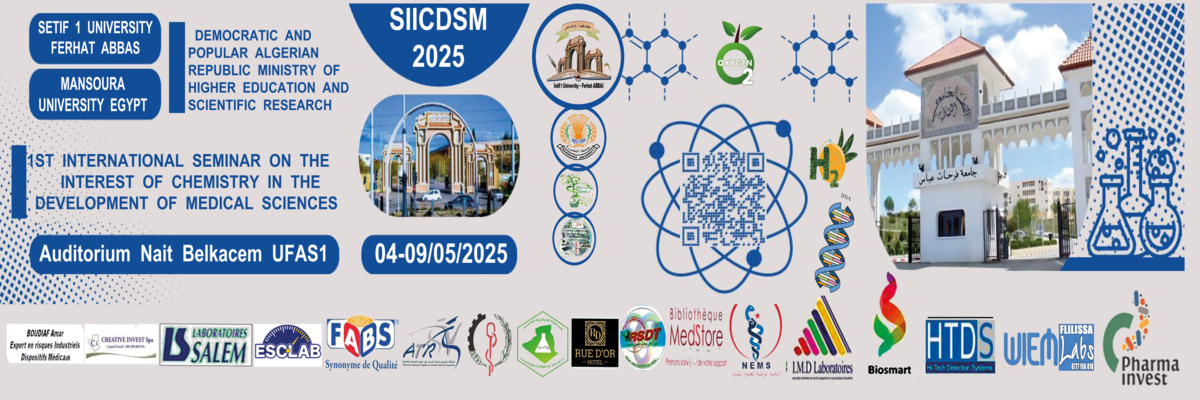Chemistry occupies a central place in medical sciences on several levels. In drug development: A thorough understanding of the chemistry of organic and inorganic compounds is necessary to design, develop, and manufacture drugs. Pharmacology is the study of how drugs affect living organisms. Chemistry is used in this discipline to understand how drugs work, their absorption, distribution, metabolism, and elimination, and their effects on biological systems.
Many medical diagnostic tests, such as blood tests, urine tests, and genetic tests, use chemical techniques to detect and measure specific substances in the human body. For example, chemical techniques such as mass spectrometry and chromatography are used to locate and quantify disease biomarkers.
Medical imaging: In disease diagnosis, imaging techniques such as magnetic resonance imaging (IRM) and positron emission tomography (TEP) use chemical contrast agents to improve visualization of tissue and internal organs. Gene and cell therapies are innovative therapies that treat diseases by genetically modifying the patient's cells or using stem cells to regenerate damaged tissues through advances in organic chemistry and biotechnology.
In summary, chemistry is essential to the research, diagnosis, treatment, and understanding of diseases in the medical field. Its role is present in various medical disciplines and continues to be crucial to advances in fighting disease and improving health care. As it has always been said "Chemistry is the mother of all specialties", in this context and to better understand the usefulness and importance of chemistry in medical sciences, the laboratory (LIRSSEI) of the Faculty of Medicine of UFAS 1 and in collaboration with the ACS (SAC) and other universities took the initiative to organize this seminar.

